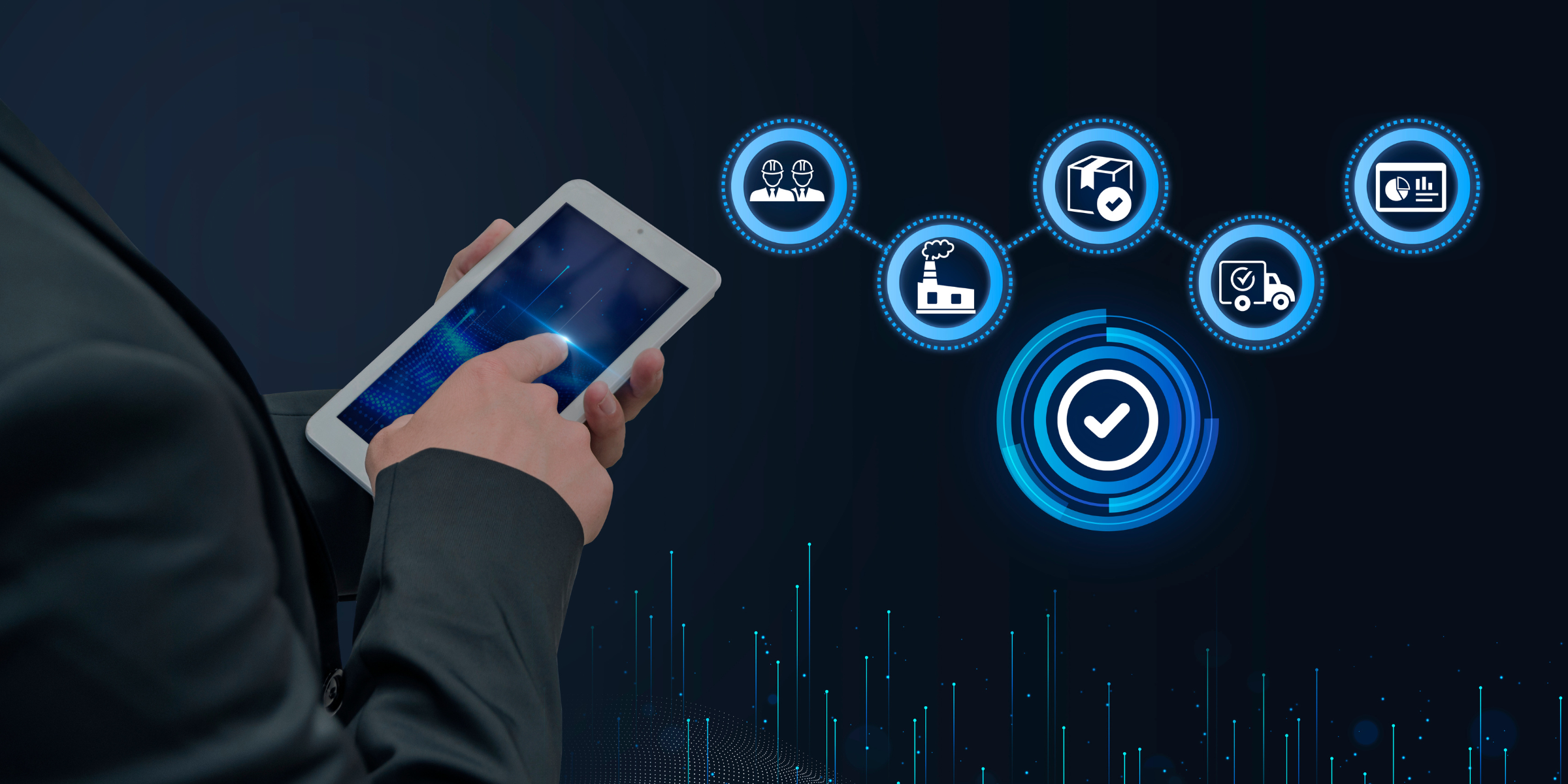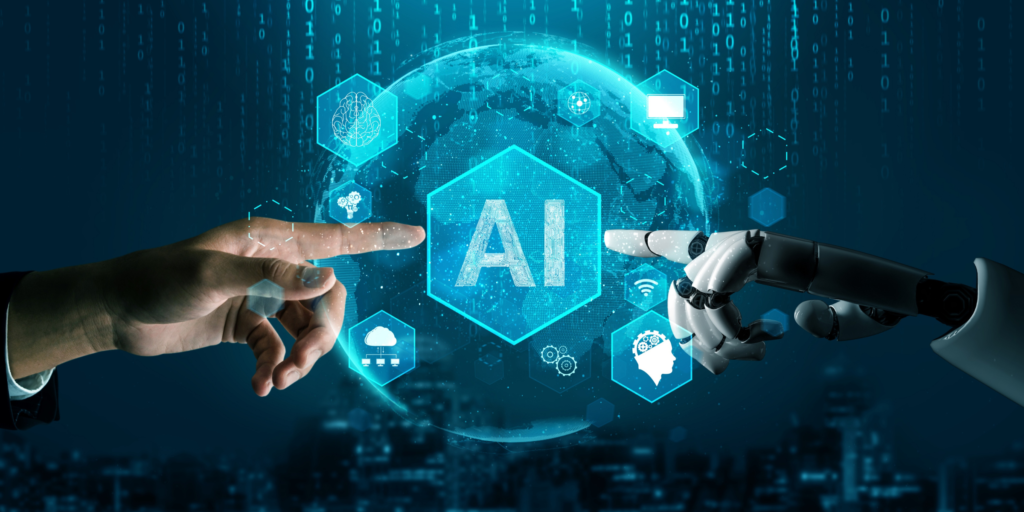You’re likely aware of how Agentic AI and autonomous agents are reshaping industries today. These systems aren’t just tools; they’re making decisions and taking actions that mimic human reasoning. As you consider their impact, think about the implications for ethics and accountability. What happens when machines make choices that affect lives? The answers might surprise you as we explore the complexities surrounding these advanced technologies.
Understanding Agentic AI and Autonomous Agents
As you plunge into the world of Agentic AI and autonomous agents, you’ll discover that these systems possess the ability to make decisions and take actions independently, often mimicking human reasoning. These technologies leverage vast amounts of data and sophisticated algorithms to analyze situations, recognize patterns, and adapt to changing environments. You’ll notice that they operate in various domains, from robotics to virtual assistants, each designed to enhance efficiency and performance. By understanding their underlying principles, you can appreciate how they blend cognitive capabilities with automation. As you explore their applications, you’ll see how these agents redefine interactions, streamline processes, and potentially transform industries, offering both exciting possibilities and ethical considerations that demand your attention.
Key Features and Capabilities
When you explore agentic AI and autonomous agents, you’ll notice key features that set them apart. Self-learning algorithms enable these systems to improve over time, while decision-making autonomy allows them to operate independently. Plus, their contextual adaptability helps them respond effectively to changing environments.
Self-Learning Algorithms
Self-learning algorithms revolutionize the way machines adapt and improve their performance by continuously analyzing data without human intervention. These algorithms identify patterns and trends, allowing systems to evolve and enhance their capabilities over time. You’ll find that they leverage techniques like reinforcement learning, where agents learn from their actions and outcomes, optimizing their strategies accordingly. Additionally, they can process vast amounts of information quickly, making real-time adjustments to their behavior. This adaptability leads to increased efficiency and accuracy, as the algorithms refine their models based on new data. Overall, self-learning algorithms empower machines to become smarter and more autonomous, greatly transforming industries from healthcare to finance and beyond.
Decision-Making Autonomy
While many systems rely on human input for decision-making, autonomous agents can operate independently, showcasing remarkable decision-making autonomy. These agents analyze vast amounts of data in real-time, allowing them to make informed choices quickly. You’ll notice they assess various scenarios, weighing potential outcomes to select the best course of action. This capability enhances efficiency, as they don’t need constant supervision or intervention. Furthermore, they can adapt to new information, recalibrating their decisions based on emerging data trends. As a result, you can trust that these agents will act in alignment with predefined goals, making them invaluable in dynamic environments where timely responses are essential. Ultimately, decision-making autonomy sets the foundation for innovative applications across various industries.
Contextual Adaptability
Autonomous agents don’t just excel at decision-making; they also exhibit remarkable contextual adaptability, allowing them to thrive in diverse environments. You’ll find these agents can quickly assess their surroundings and adjust their actions accordingly. This adaptability means they understand varying user preferences, cultural nuances, and situational demands. Whether traversing complex urban landscapes or engaging in personalized customer experiences, they seamlessly reconfigure their strategies. Their machine learning algorithms enable them to analyze real-time data, enhancing their responsiveness. You’ll notice how they learn from past interactions, improving their performance over time. Ultimately, this contextual adaptability guarantees that these agents remain effective and relevant, no matter what challenges they face or where they operate.
Applications Across Industries

As industries increasingly adopt agentic AI, you’ll find its applications transforming various sectors in remarkable ways. In healthcare, AI-driven agents assist in diagnostics and patient management, improving outcomes and efficiency. In finance, they analyze vast datasets for real-time insights, enhancing decision-making and risk management. Retailers use agentic AI for personalized recommendations, boosting customer engagement and sales. Logistics companies optimize supply chains with autonomous agents, reducing delays and costs. In manufacturing, AI systems monitor production lines, ensuring quality and minimizing downtime. Even in entertainment, AI curates content tailored to your preferences. The versatility of agentic AI means it’s not just a tool, but a game-changer, driving innovation and efficiency across diverse industries. Embracing these advancements could redefine your business landscape.
Ethical Considerations and Challenges
As you explore the world of agentic AI, you’ll quickly notice the ethical challenges that come with it. Issues like accountability in decision-making, bias, and privacy raise important questions about how these systems operate. It’s essential to take into account transparency and explainability to guarantee these technologies serve everyone fairly.
Accountability in Decision-Making
Accountability poses a significant challenge in the domain of decision-making for agentic AI and autonomous agents. When these systems make choices, it’s often unclear who’s responsible for the outcomes. You might wonder if it’s the developers, the users, or the AI itself that should bear the responsibility. This ambiguity can lead to ethical dilemmas, especially when decisions result in harm or unintended consequences. You need to evaluate how to implement frameworks that clarify accountability. Establishing clear lines of responsibility helps guarantee that ethical standards are upheld. Furthermore, transparency in decision-making processes can foster trust, allowing you to better navigate the complexities of accountability in AI. Ultimately, addressing these challenges is vital for responsible AI deployment.
Bias and Fairness Issues
While you may expect AI systems to be impartial, bias and fairness issues often arise, complicating their deployment. These biases can stem from the data used to train the models, reflecting historical inequalities and stereotypes. When you rely on biased AI, you risk perpetuating discrimination in critical areas like hiring, lending, and law enforcement. To address these challenges, you need to guarantee diverse training datasets and implement fairness algorithms. Regular audits and stakeholder engagement can help you identify and rectify biases. Remember, it’s essential to prioritize ethical considerations in AI design and deployment, as the impact of biased systems can undermine trust and lead to significant social repercussions. By tackling these issues head-on, you can promote a fairer AI landscape.
Privacy and Data Security
The rise of agentic AI and autonomous agents brings significant privacy and data security challenges that you must navigate carefully. As these technologies collect and process vast amounts of personal data, you’re at risk of potential breaches and misuse. You’ll find it vital to implement strong data protection measures, ensuring that user consent is obtained and respected. Additionally, you need to stay compliant with regulations like GDPR, which require transparency in data handling practices. Be aware of the ethical implications of your decisions, as inadequate security could lead to unauthorized access and identity theft. Ultimately, prioritizing privacy and data security isn’t just a legal necessity; it’s essential for maintaining trust with users in an increasingly digital world.
Transparency and Explainability Requirements
As the demand for agentic AI and autonomous agents grows, guaranteeing transparency and explainability in their operations becomes essential. You need to understand how these systems make decisions, especially as they impact your life and society. Transparency helps build trust, allowing you to feel more secure in their use. Explainability is vital; it guarantees that you grasp the reasoning behind an agent’s actions, making it easier to hold them accountable. However, achieving this is challenging. Complex algorithms often operate like black boxes, obscuring their decision-making processes. To overcome this, developers must prioritize clear communication about how these agents function and provide insights into their reasoning. This transparency not only fosters trust but also aids in identifying and mitigating potential biases.
The Future of Human-AI Collaboration
Imagine a future where human and AI collaboration enhances creativity and efficiency, pushing the boundaries of what’s possible. You’ll harness AI’s analytical power to uncover insights, while your intuition guides the creative process. Together, you’ll tackle complex problems, blending human empathy with machine precision.
In this partnership, AI will handle repetitive tasks, freeing you to focus on innovative ideas and strategic thinking. You’ll refine your skills alongside AI, cultivating a dynamic interplay that elevates your work.
As you embrace this synergy, expect to redefine industries, discover new opportunities, and foster a culture of continuous learning. The future isn’t just about AI; it’s about how you and AI can work hand in hand to create a better world.
Conclusion
To sum up, as you explore the world of agentic AI and autonomous agents, it’s clear that their potential is vast and transformative. However, you must also recognize the ethical challenges they bring. By prioritizing accountability, transparency, and fairness, you can help shape a future where these technologies enhance human capabilities while maintaining social responsibility. Embracing this balance will pave the way for effective human-AI collaboration, ensuring that innovation aligns with ethical standards.
Make the shift to energy-efficient computing and drive meaningful impact-environmentally and economically.

